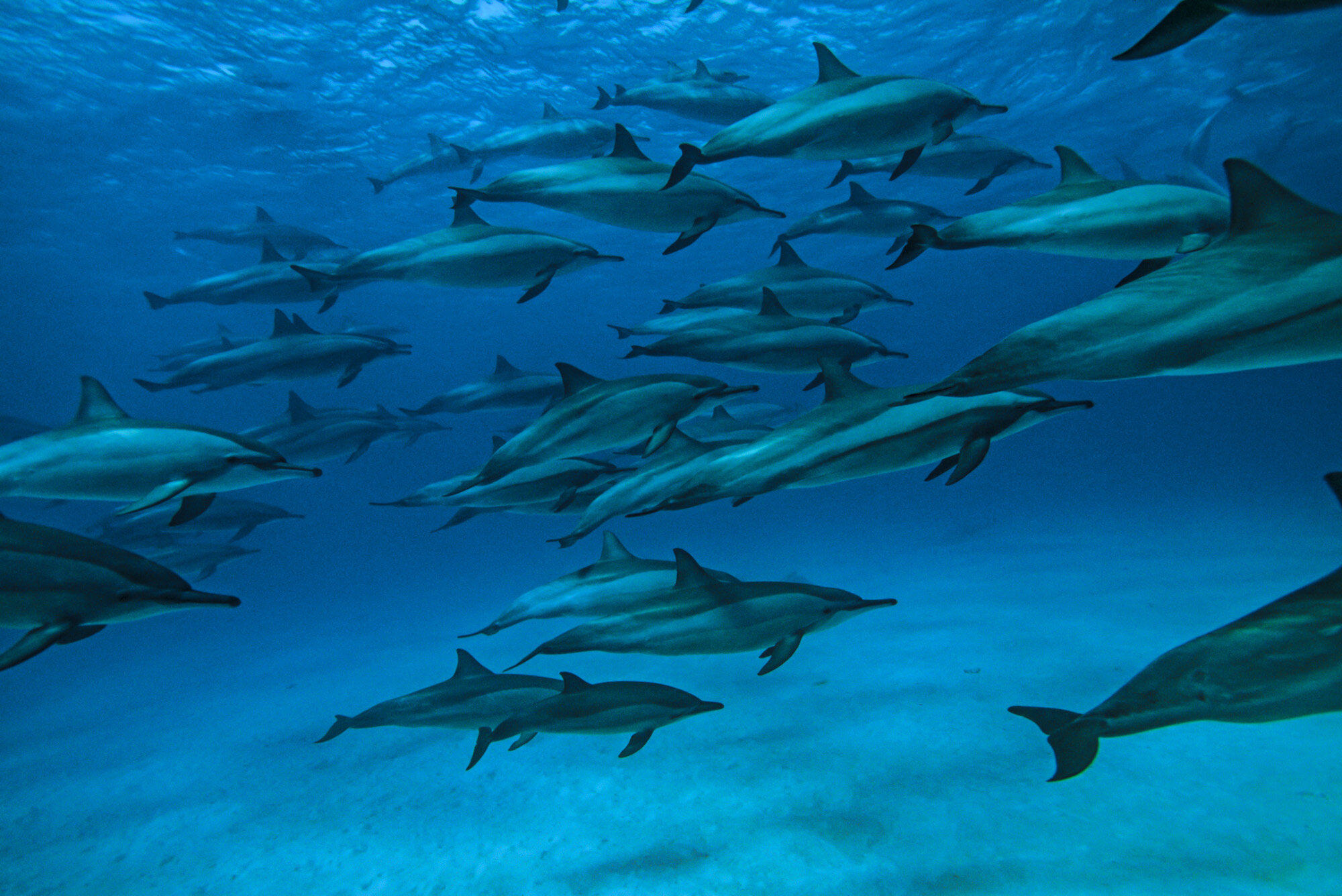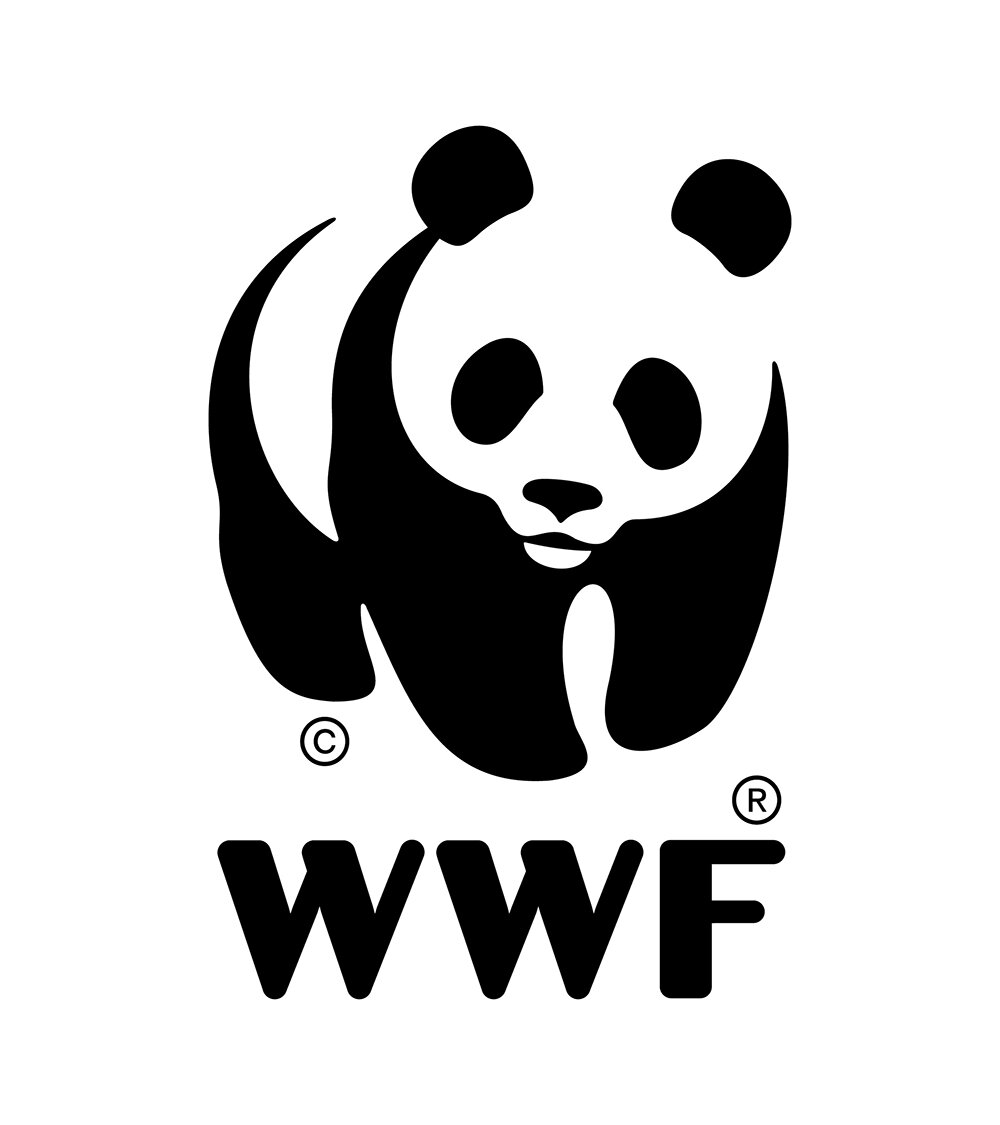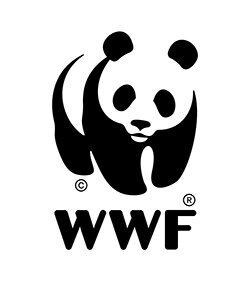
Latest news and stories about whale and dolphin conservation
WWF: High Seas Treaty critical to achieving 30% global ocean protection goal
WWF is urging countries to finalize a new global agreement for the two-thirds of the ocean that is largely unprotected and overexploited, as talks over the last 15 years are anticipated to conclude in a ‘High Seas Treaty’ over the next few weeks.
Solving the mystery of the declining South African southern right whale population by discovering their blue corridors
Research Manager Dr Els Vermeulen and her team are focused on solving a scientific mystery. Since 2009, very few southern right whales have been seen along the South African coastline.
There are ways to safeguard nature from underwater noise pollution, we just need the political will
From 23 to 27 January, representatives from 175 countries that make up the UN International Maritime Organization (IMO) – the regulatory body for shipping globally– will meet in London at the Sub-Committee on Ship Design and Construction (SDC) meeting to continue their review of IMO guidelines to reduce impacts of underwater noise from shipping.
New research: Krill availability impacts humpback whale pregnancies
New research shows reduced krill supplies lead to fewer pregnancies in humpback whales – a finding that could have major implications for industrial krill fishing.
WWF: Antarctic krill provide carbon storage services worth US$15.2 billion
WWF Report: Antarctic krill provide carbon storage services worth US$15.2 billion
Whales without boundaries - why the high seas matter
Vast expanses of our global ocean are unprotected – putting whales and other marine life in peril. A historic Global Ocean Treaty now in negotiations offers hope to better manage and protect biodiversity on the high seas.
Shining a light on the Caribbean’s cetaceans
There is still much we don’t know about the Caribbean’s 33 known cetacean species – more than one-third of the world’s total.
Ti Whale An Nou – the whale and dolphin research programme that gets its name from a mix of French and English Creole meaning ‘our little whales’ – is starting to fill in these gaps.
Nine countries launch coalition for ocean protection in the Pacific
Today, nine countries agreed to establish a network of ecologically interconnected marine protected areas (MPAs) along the Pacific coast of the Americas, from Alaska to Patagonia.
For a Thriving Ocean: Collective Action to Protect Whales and Dolphins
The theme of this year’s United Nations World Oceans Day on 8 June 2022 is ‘Revitalisation: Collective Action for the Ocean’. We’re highlighting the collective action between WWF’s Protecting Whales & Dolphins Initiative experts, industry, policy makers and governments around the world to safeguard our ocean giants for a thriving ocean.
Innovation and resilience offer hope for the world’s most endangered whale
Today is Endangered Species Day and we’re highlighting the North Atlantic right whale. With just 336 animals left, they are one of the most endangered whales on the planet. Technological innovation and collaboration between science and fisheries is providing newfound hope for these iconic ocean giants.
Safeguarding Mediterranean Giants
One of the busiest shipping lanes in the world puts Mediterranean fin whales in the direct path of the massive tankers, cargo ships, and high-speed ferries that criss-cross their waters.
Securing a future for the Chinese white dolphin
Doris Woo of WWF-Hong Kong is working to give Chinese white dolphins the best chance to stabilise and recover.
Why we must protect North Atlantic right whales’ ‘migration superhighways’
If their population continues to decline, North Atlantic right whales may go extinct in less than 30 years. While the task is daunting, protecting their blue corridor from these major threats — including dynamic and mandatory vessel slowdowns and reduction of vertical fishing lines — is possible, and critical, to ensuring the survival of this species.
Whales on the move - mapping threats and solutions for our ocean giants
The growing dangers whales face worldwide along these epic journeys are signs of an unhealthy ocean, and reveal how the ocean connects us all.
World-First Map Exposes Growing Dangers Along Whale Superhighways
World-First Map Exposes Growing Dangers Along Whale Superhighways. A new global report by WWF and the marine mammal science community calls for urgent action to safeguard whales amid mounting threats along their migratory routes.
Making Noise for Quieter Ships: Why We Need to Reduce Underwater Noise Pollution
The IMO needs to develop mandatory measures to truly limit underwater noise pollution — by keeping the guidelines voluntary, there is no mandate for action.
Ambition amid a sea of paper parks
We need more of these MPAs in the ‘right places’ – where the conservation need is most urgent and where the potential for their contribution for humans and wildlife at its highest.
Uncovering the lives of whales to better understand our oceans
Today, long-time science partners from University of California Santa Cruz (UCSC) and Duke University Marine Robotics and Remote Sensing Lab (MaRRS) with others from Stanford University published research in the journal Nature that finds baleen whales eat at three times more than previously thought.
North Atlantic right whale population continues to decline raising alarms
Last week, experts released a new population estimate for North Atlantic right whales, raising alarm that the iconic species is at the lowest point in about 20 years, numbering only 366 individuals, an 8% decline in one year.
Conservation Impact Grants: Innovative projects to reduce bycatch risks for cetaceans
Deadline to apply is Friday November 19, 2021.





















